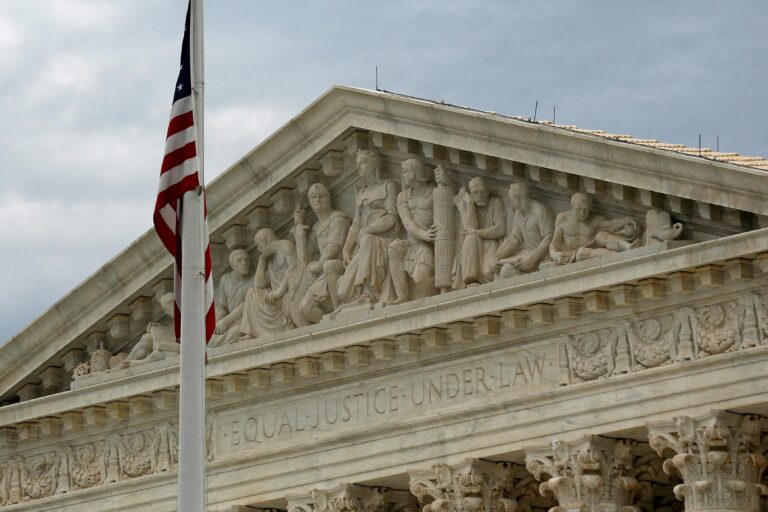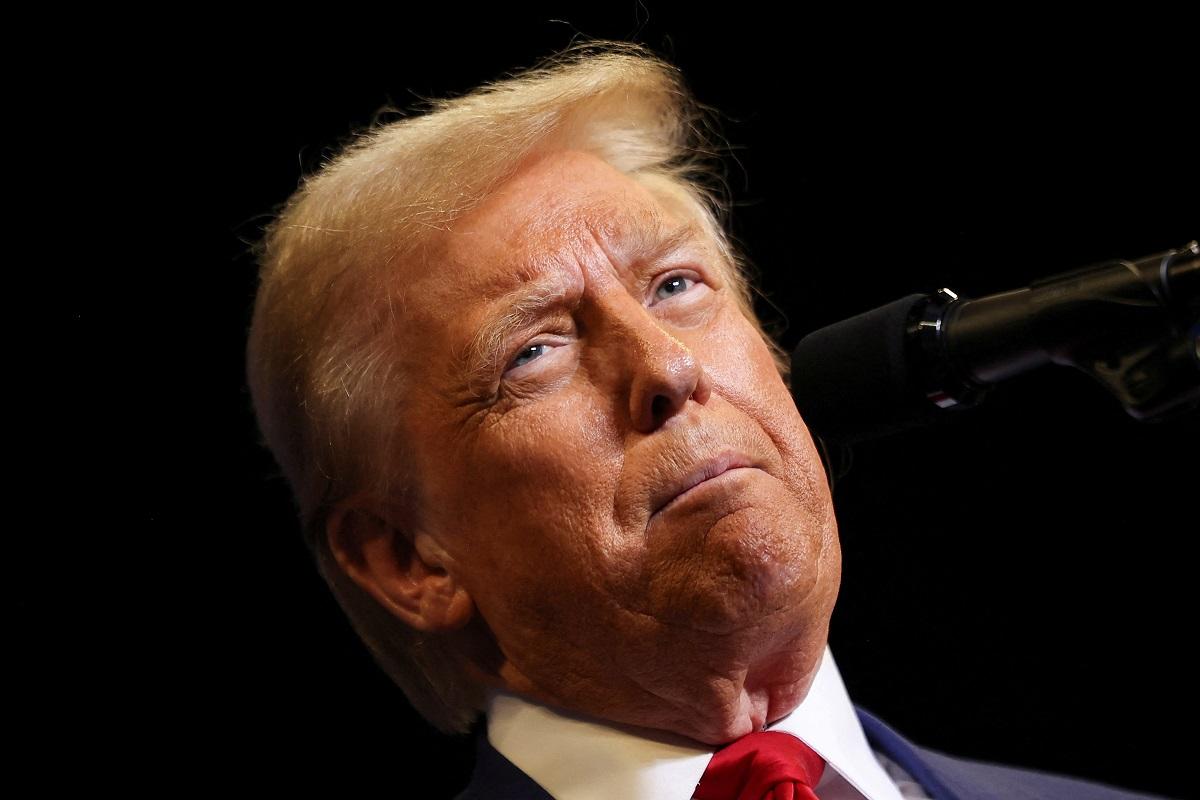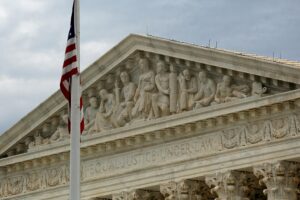In a court decision on Monday, former U.S. President Donald Trump lost his attempt to delay his sentencing in the hush money case. This case stems from the $130,000 payment made to adult film star Stormy Daniels to keep quiet about an alleged affair with Trump.
What Happened in Court?
Trump’s lawyers argued that his upcoming January 20 inauguration and his position as President-elect should prevent him from being sentenced until after the event. They claimed presidential immunity should apply, and rushing the sentencing would not be fair. However, Judge Juan Merchan rejected this argument, saying it repeated points Trump’s team had made before and did not provide new reasons to delay the sentencing.
The Judge’s Ruling
Judge Merchan had already set January 10 as the sentencing date. He decided that Trump could appear in court either in person or virtually for his sentencing. The judge also made it clear that he did not intend to send Trump to jail, and instead suggested the possibility of unconditional discharge, meaning Trump would be found guilty without being given a fine or probation.
Trump’s Legal Team and the Case Background
Trump’s lawyers, Todd Blanche and Emil Bove, had asked the judge to delay the sentencing until the appeals were decided, which could push the sentencing past his inauguration date. But the judge decided that this request should be denied.
The case started when Michael Cohen, Trump’s former lawyer, paid $130,000 to Stormy Daniels to keep quiet about their alleged sexual encounter, which Trump has denied. Trump was convicted in May of falsifying business records to hide this payment, which led to 34 felony counts. This made Trump the first sitting or former president in U.S. history to be charged and convicted of a crime.
Prosecution’s Argument
Prosecutors, led by Manhattan District Attorney Alvin Bragg, opposed the delay. They argued that the case should not be delayed further, as the public had a strong interest in seeing the case resolved quickly. They also emphasized the importance of finalizing criminal proceedings.
Trump’s Repeated Legal Challenges
Since the verdict, Trump’s lawyers have tried twice to have the case thrown out, claiming that a decision made by the U.S. Supreme Court in July, which stated that presidents cannot be prosecuted for official actions, should apply to this case. However, Judge Merchan ruled that this case involved Trump’s personal actions, not his official duties as president, and therefore, the case should proceed.
The Bigger Picture
This case is a significant moment in U.S. history, as Trump becomes the first U.S. president to be charged and convicted of a crime. Despite the verdict, Trump and his legal team continue to challenge the case and its consequences.
Now, Trump’s sentencing is set for January 10, and it will be the next chapter in this high-profile legal battle.

















